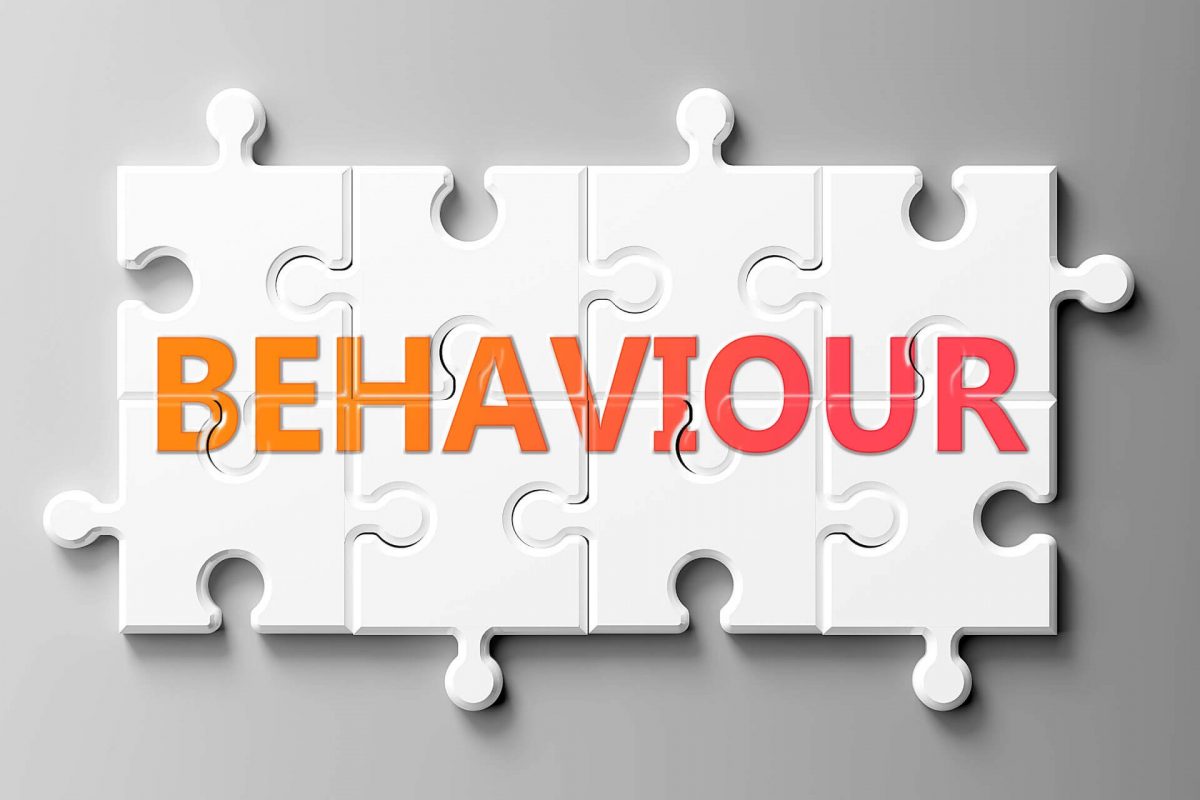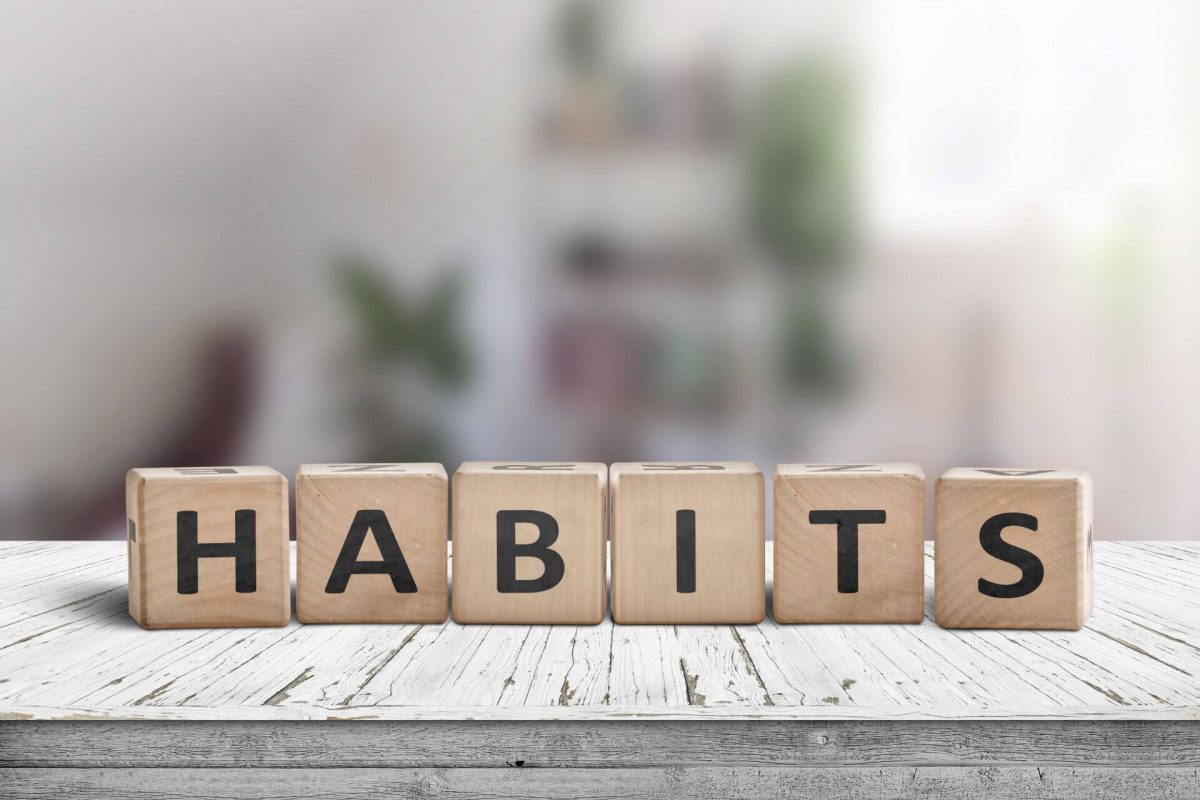Addictive behaviours don’t get as much attention as alcohol and drug addiction, but they can cause just as much damage. Behavioural addiction covers everything from gambling, sex and shopping addiction to the Internet, gaming, self-harm and plastic surgery addiction.
What is Behavioral addiction?
Behaviour addiction refers to non-substance habits. They include a range of activities that people become dependent on and crave, to the point that the addiction affects their ability to function normally, hold down a job and maintain relationships.
Addictive behaviour is still not recognised as a “real” addiction despite its prevalence in society. Behavioural addiction is still a hotly debated subject in psychology circles and is often disregarded by many doctors, institutions and society. Behavioural addictions are often viewed as “bad habits” or “bad behaviour” rather than a mental disease that needs to be treated in the same way as substance use disorders (SUDs).
How Behavioral addiction works
Behavioural addictions – also called process addictions – work in the same way as substance-abuse addictions. Activities you become addicted to affect your brain’s chemical structure and result in the same tolerance and dependency as any substance abuse addiction.
When you become addicted to a particular activity or behaviour, you seek out more and more opportunities to partake in the activity, despite harmful consequences. This could include losing your job, destroying relationships, divorce or even breaking laws.
You may find the behaviour rewarding psychologically or even get a “high” during the activity. This is because your neural system experiences a surge of endorphins or a boost of a chemical messenger called dopamine that affects your brain’s reward pathway.
Afterwards, you may feel guilty, remorseful or ashamed of your behaviour, but the compulsion to do it again and again continues.
When you try to quit an addictive behaviour, you’ll experience withdrawal symptoms similar to those you experience when you stop using alcohol or drugs. Without inpatient or outpatient therapy to overcome the addiction, the chances of relapse are high.
Types of Behavioral addictions

The most common Behavioral addictions are:
Gambling addiction
Currently, gambling addiction is the only Behavioral addiction included in the Diagnostic and Statistical Manual of Mental Disorders (DSM-5). It is the compulsive or pathological craving to gamble, regardless of negative consequences.
People with a gambling addiction have a distorted view of how “easy it is to make money” from gambling and have difficulty controlling their urge to gamble. They get a “high” from chasing losses where they continue to bet to win back the money they’ve lost.
The negative fallout from gambling addiction is severe financial problems, losing your job or business, breaking laws if you steal to fund your habit and severe damage to relationships because you usually live your life constantly lying about the extent of your gambling addiction.
Sex addiction
A person with sex addiction has an unhealthy urge to have sex and will spend a disproportionate amount of time seeking or engaging in sex, regardless of negative consequences. Sex addiction often goes hand-in-hand with infidelity, shame and remorse, which is why the person goes out of their way to keep their sex compulsion a secret.
A person with a sex addiction may engage in risky sexual activities and risk contracting sexually transmitted diseases such as an STD or HIV. Their partners are also at risk of contracting one of these diseases because they keep their sex addiction a secret.
Internet addiction
Internet addiction is where a person becomes dependent on the Internet for activities ranging from social media obsession to online gambling, cybersex, child pornography, sexting or online games. It’s a growing affliction in developed countries like Asia, North America and Europe, but it’s still not recognised as a “real” addiction.
Internet addiction involves an increasing dependence on mobile devices like cellphones and tablets and an addiction to social networking sites like Facebook, Instagram and TikTok. The problem with Internet addiction is very young children have access to these devices and platforms, and they’re exposed to explicit texts, photos and videos that they should never see at such a young age.
Pornography addiction
Porn addiction is where people spend excessive time watching porn online instead of engaging in genuine relationships with people. The behaviour is compulsive, and the symptoms are very similar to an addiction to alcohol or drugs. Again, pornography addiction is not recognised as a “real” addiction, despite its prevalence in society.
Symptoms of porn addiction include viewing during work or social situations regardless of the risk of being caught; and feeling shame, guilt or anxiety about your behaviour and being caught out. For this reason, porn addiction is usually kept as a tightly guarded secret.
Gaming addiction
Gaming addiction is prevalent in both adults and children. It is a compulsive behaviour that involves uncontrolled video games and not being able to stop or limit your time playing games online. Video games include computer games, console games, arcade machine games and cell phone games. Often these games are found on social media platforms like Facebook.
Video gaming addiction is a problem when it affects how you interact with people, where you can’t relate to people in the real world, and when it starts harming your schoolwork, job or relationships with family and friends.
Work addiction
Someone with a work addiction is known as a workaholic. Previously, it was seen as a sign of ambition, but it’s now seen as compulsive behaviour that’s not dissimilar to alcohol or drug addiction. You have work addiction if work comes at the cost of your sleep, relationships with family and friends, and your health.
Work addiction goes beyond someone enjoying the work they do or striving to build a career or business. It usually means the person has become addicted to the stress and pressure of work, burning the “candle at both ends” and the ‘high’ they get from working harder than necessary.
Shopping addiction
The scientific term for shopping addiction is oniomania. It is the compulsion to buy things regardless of negative consequences. Shopping addiction usually goes hand-in-hand with other psychological issues such as low self-esteem, depression and anxiety.
Shopping addiction can take over your life because you get to the point where you cannot control the impulse to buy stuff. It often starts in your late teens and early adulthood when people can get credit from banks. In adult life, it can lead to chronic hoarding.
Exercise addiction
Exercise should improve your health and fitness, but an exercise addiction can do the opposite; it can cause injuries and threaten your health because you don’t give your body adequate rest. Exercise addiction usually co-occurs with an eating disorder, malnutrition and other problems.
When you exercise, your body releases natural chemicals called endorphins. These endorphins interact with the receptors in your brain that reduce your perception of pain. Endorphins also trigger a positive feeling in the body, similar to that of morphine. People with exercise addiction become addicted to the rush of endorphins and the physical and emotional reward they get from over-exercising.
Food addiction
Food addiction involves overeating to feel better, but it ends up making you feel worse. It can be a real threat to your health and can be life-threatening. Food addiction leads to obesity, malnutrition and other problems.
People who are addicted to food eat more food than required of a balanced diet. They overeat every day and what they eat is usually not nutritious. Food addiction is often called ‘comfort eating’ because the person usually has a co-occurring mental disorder, such as depression, anxiety or PTSD.
Tattoo addiction
Yes, tattoo addiction is a real thing. There are several reasons people become tattoo collectors, but a large part of it revolves around the physical and spiritual ritual of getting tattoos. Tattoo addiction is not recognised as an addiction, and the social stigma of someone who’s “over tattooed” is falling away.
Tattoo addiction is deeply personal because it involves an intense emotional commitment to “ink your skin”. Getting tattoos is also expensive, and the ritual of saving and planning for your next one is part of the compulsive behaviour.
Plastic surgery addiction
Plastic surgery addiction is a behavioural disorder that might surprise you. It’s real and very prevalent in a society that demands people to look younger and sexier for longer. Plastic surgery addiction is compulsive behaviour where a person cannot stop the urge to change their appearance by undergoing surgical procedures constantly.
It can involve an obsession with Botox and fillers or making radical changes under a surgeon’s knife. Plastic surgery addiction often goes hand-in-hand with negative self-perception, attention-seeking behaviour or co-occurring mental disorders like depression and anxiety.
How to treat Behavioral addictions

Behavioural addictions are treatable through inpatient or outpatient therapy at an addiction treatment centre like White River Manor. The first step in getting help for addictive behaviour is admitting that you may have a problem.
Addiction is real if you feel guilt, shame or remorse when engaged in the activity or suffering the consequences of your behaviour. This behaviour might include breaking the law, facing financial destitution or destroying your relationships with family and friends.
Remember, you are not alone. There are professional addiction therapists who specialise in helping people with behavioural addictions. It usually involves intensive therapy and having an honest and open conversation with your loved ones so they can understand what you are going through.
Treatment options for behavioural addiction
Your therapist at White River Manor will develop an individualised treatment plan tailored to your particular addiction. Your best chance of lasting recovery from addictive behaviour is to spend time at a residential addiction treatment centre like White River Manor. However, you can also benefit from outpatient treatment or online therapy sessions.
One of the most effective treatments methods for a wide range of addictions is cognitive-behavioural therapy. Assessment for dual diagnosis is also an essential part of treating behavioural addiction because, in most cases, there is an underlying mental disorder that co-occurs with compulsive behaviour.
What is cognitive-behavioural therapy?
Cognitive-behavioural therapy (CBT) is a type of talk therapy that focuses on helping you control and modify your behaviour. Your therapist uses the principles of CBT to help you understand how you think and feel about yourself and your behaviour and then works with you to develop skills to cope with your addiction and enjoy lasting recovery.
CBT does not dwell too heavily on the past and what has contributed to your addiction. Instead, it focuses on helping you understand your relationship between your beliefs, thoughts and feelings and how they influence how you respond to triggers and behave.
CBT helps you learn more about what perceptions directly affect your response to specific situations and provides you with tools to respond differently. Therapists use a range of methods to uncover underlying beliefs and thoughts, including relaxation techniques, mindfulness techniques, writing in a journal or doing exercises that focus your social, physical and mental beliefs and opinions.
What is dual diagnosis?
People with substance and non-substance addictions often have co-occurring mental health or behavioural disorder. When co-occurring conditions are present, you have what is known as a dual diagnosis. Mental illnesses that co-occur with addiction range from depression and anxiety to bipolar disorder, schizophrenia and PTSD.
Your best chance of lasting recovery from behavioural addiction is to determine if you have a dual diagnosis and get the proper medication and therapy to treat both conditions. Treating one and not the other will only increase your chance of relapsing and prevent you from living the fulfilling and healthy life you deserve.
We’re here to help.
Contact us today if you’d like a confidential and free chat with one of our highly-trained addiction professionals at White River Manor in South Africa.







